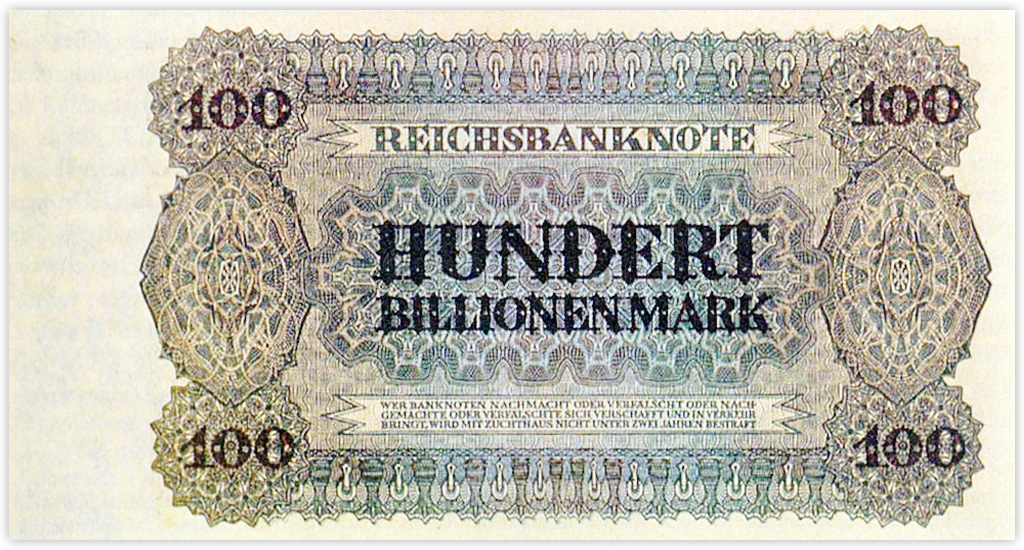Inflation
Inflation describes a currency’s sustained loss in value and purchasing power. Simply put, inflation makes everything more expensive, as the exchange rate falls and the value of money decreases. A rapid devaluation had dramatic consequences in Germany as purchases of daily staples such as bread or milk ate up more and more wages, as was the case from 1914 to 1923. During the extreme inflation of 1923, the value of money fell so fast that Germans hurried to buy groceries after receiving their monthly pay. Prices rose hourly.
The crisis forced the housing associations and their architects to make building projects more cost-efficient. The resulting cost cuts affected the design and construction of World Heritage housing estates built from 1928 onwards.

